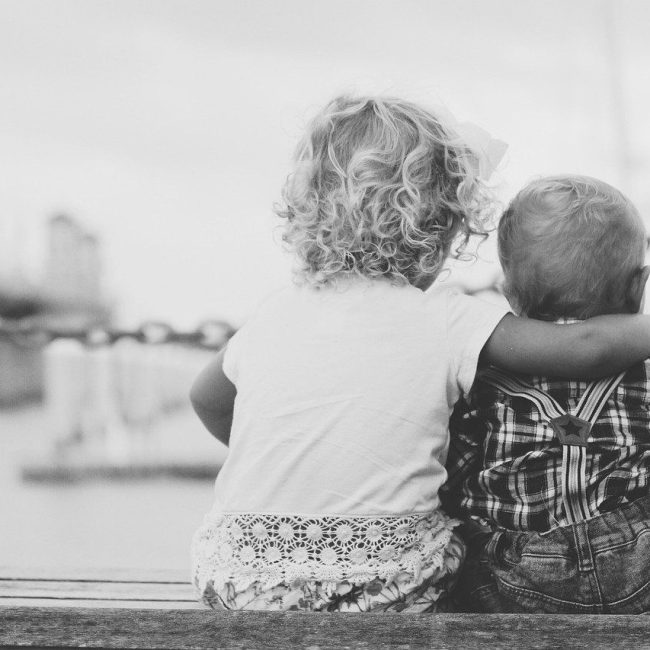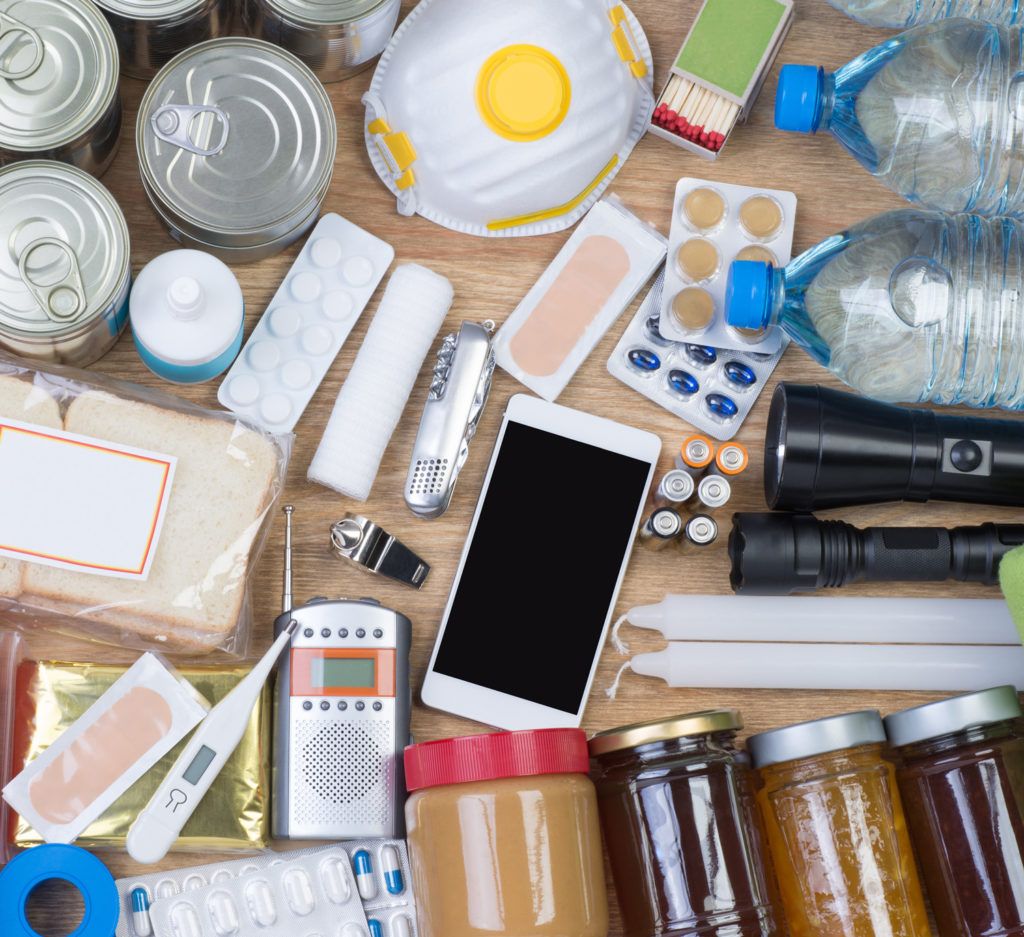Families & Children
Families & Children
Prepare Your Family
Being prepared for disasters starts at home. Everyone can be part of helping to prepare for emergencies. Young children and teens alike can be a part of the process. As a parent, guardian, or other family member, you have an important role to play when it comes to protecting the children in your life and helping them be prepared in case disaster strikes.
On this page, you’ll find materials to build your family emergency plan, information for how you can help children cope if they’ve experienced a disaster, and tips to help your children be ready when disaster strikes. With these tools, both kids and their families can be prepared whether they’re at home, school, or anywhere else.

Make A Plan
Who Will We Contact?
Pick the same person for each family member to contact. Pick someone out of town—they may be easier to reach in a disaster.
Text, don’t talk. In an emergency, phone lines may be tied up. It may be easier to text and this leaves phone lines open for emergency workers.
Where Will We Meet?
Decide on safe, familiar, accessible places where your family can go for protection or to reunite. If you have pets or service animals, think about animal-friendly locations. Consider places in your house, in your neighborhood, and outside of your city or town so you’re prepared for any situation.
Practice, Practice, Practice!
Build A Kit
Being prepared for an emergency isn’t just about staying safe during a storm or a disaster. It’s also about how to stay comfortable, clean, fed, and healthy afterwards—when a storm or disaster may have knocked out electricity.
If you lost power, how would you eat? The refrigerator wouldn’t keep your food cold. The microwave couldn’t warm things up. You might not get clean water out of your faucets. How would you find out if it was safe to play outside? Not from your TV or computer!
If power is out, you also might not be able to go to the store or the bank. Being prepared means having your own food, water, cash, and other supplies to last for at least three days, and possibly longer if you are in a remote or hard-to-reach area.

What Should Go In Your Kit?
- Water—at least a gallon per person, per day
- Non-perishable food (such as dried fruit, peanut butter, or energy bars)
- First aid kit
- Cash
- Prescription medicines
- Extra batteries or an alternative power source
- Matches in a waterproof container (allow an adult to help)
- Toothbrush, toothpaste, soap
- Paper plates, plastic cups and utensils, paper towels
- Battery-powered or hand-cranked radio
- Sleeping bag or warm blanket for each person
- Flashlights
- Whistle to signal for help
- Can opener (manual)
- Local maps
- Pet and service animal supplies
- Baby supplies (formula, diapers, etc.)
- Extra pair of eyeglasses
